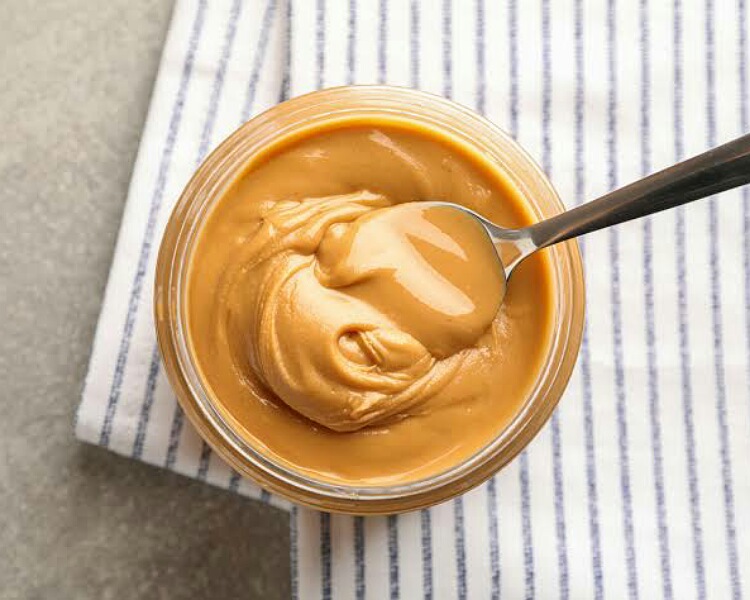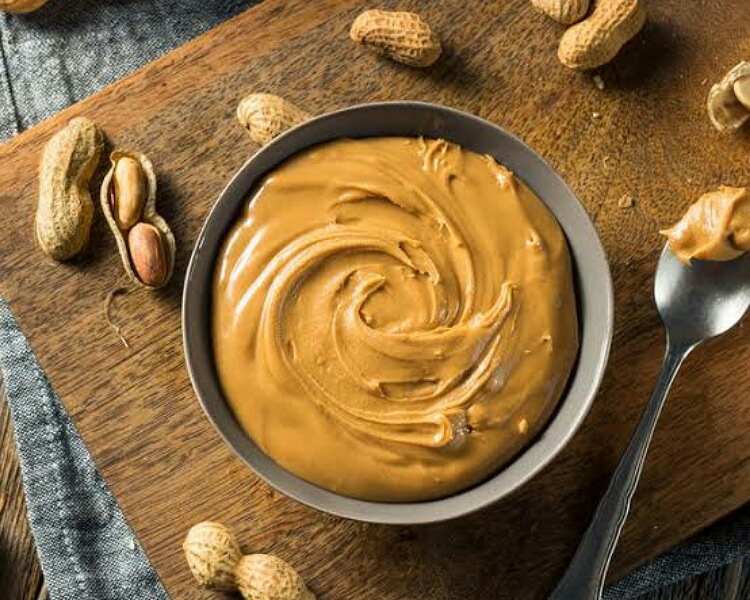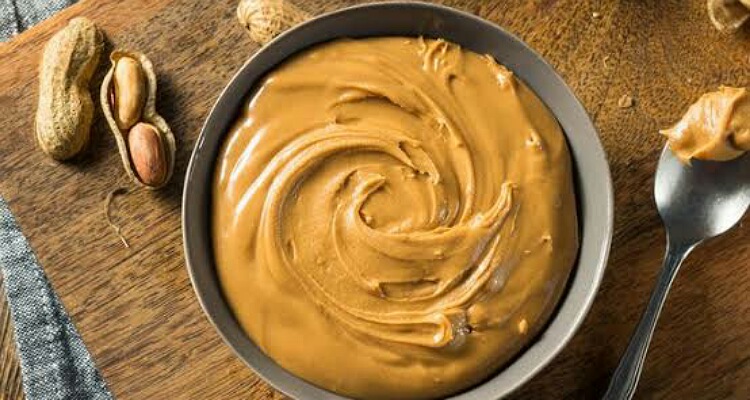Peanut butter is a common food item in all households. Children and adults both enjoy it to the utmost.
It serves as a spread on all types of bread. But how healthy is this food? What are its bad effects of it on the body?
What is Peanut butter?
This food delicacy is a paste made by grinding dry-roasted peanuts or monkey nuts. Salt, emulsifiers, oil, or sweeteners may be present in it.
America is the leading consumer and exporter of this product in the world. It is such an important ingredient of daily foods that there is a special day of the year for it. January 24 is National peanut butter day in the USA.

Peanut butter can be added as a spread on sandwiches. It can be added to banana slices or rice cakes. You can use it as a salad dressing.
You can put it into rolls for that extra protein. One can mix it or top it on smoothies. Add it to oatmeal or yogurts for that enhanced taste.
Caloric and nutritional values
Peanut butter has good amounts of proteins with essential minerals and vitamins. 2 tablespoons of this spread provides 188 calories and 7.02 g of proteins.
It is high in calories and saturated fats. 3.02 g of saturated fats exist in 2 tablespoons.
The butter also has high levels of sodium and therefore it is not good for people with high blood pressure or kidney dysfunction. It also has a fair amount of fiber.

Additionally, the food item is rich in zinc, magnesium, phosphorus, and vitamin B. In 2 tablespoons, there is 57 mg of magnesium.
This mineral has a vital role to play in the various metabolic and enzymatic processes of the human body. Using 2 tablespoons of butter in good provides 107 mg of phosphorus.
This mineral is used in body energy production and for the health of bones and cells. Moreover, it has 0.85 mg of zinc in 2 tablespoons.
This is essential for immune function, DNA, and protein synthesis. Niacin and Vitamin B6 are present as well (4.21 mg and 0.17 g respectively).
These help in the energy process. Niacin also helps in digestion and nerve function. B6 assists in immune function and heart health.
Health benefits of nut butter
Peanut butter is healthy if eaten in moderation. Excess eating could be harmful to the body and cardiovascular system. The butter can help maintain weight.
It gives a sense of fullness and satiety. Studies have shown that it can also help weight reduction due to the same reason.
It is good for the heart due to the monounsaturated and polyunsaturated fatty acids in it. Niacin and vitamin B6 and vitamin E along with magnesium contribute to keeping the heart healthy.
The ratio of mono- and polyunsaturated to saturated fats in this nut butter is similar to that in olive oil (heart-healthy oil). This reduces the risk of heart ailments and death.

Nut butter is also good for diabetes due to its low carb content. It can lower blood lipid levels. It is good for bodybuilders too. Also, it aids in muscle tear repairs.
Studies revealed that eating this groundnut butter from a young age lowers the risk of developing benign breast disease at age 30. It decreases the risk of breast cancer.
Read here Healthy Frosted Lemonade Recipe (Paleo, Vegan)
But people with nut allergies should be careful about eating peanut butter. It can cause anaphylaxis in them. It is normal for peanut butter to get separated into a solid lump and a liquid part. But stirring the mixture normalizes it and brings back its pasty texture. It needs cold storage lest it gets spoiled.
